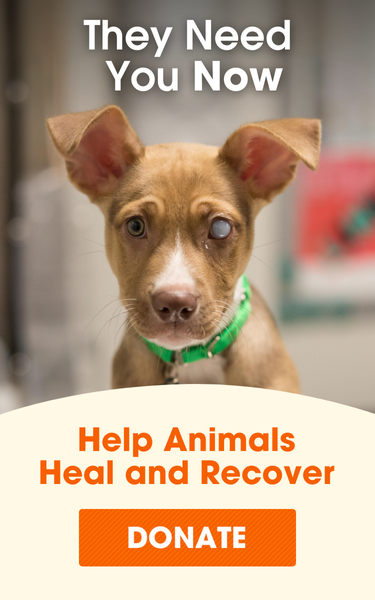
What Pet Toxins Are Hiding in Your Diaper Bag?

As many parents or guardians of an infant or toddler know, carrying around a well-stocked diaper bag is like carrying around Mary Poppins’s bag. After all, who knows what you may need in a blowout emergency? While these things can be a lifesaver for humans, certain items can be dangerous for our pets. That’s why our ASPCA Animal Poison Control Center (APCC) experts have compiled a list of hazardous items commonly kept in diaper bags, and what signs to look out for if ingested by a pet.
Diaper changing essentials:
- Diapers: Ingestion of new or unused diapers can primarily cause vomiting and diarrhea. If a large amount of a single diaper, multiple diapers or reusable cloth diapers are ingested they can form a blockage in the stomach or intestines which may require surgery to remove. Also, consumption of metal safety pins or other types of fasteners used with reusable cloth diapers can cause trauma to the gastrointestinal tract, and potentially anemia if the fasteners contain zinc.
- Baby wipes: If consumed in large quantities, baby wipes can become lodged in the stomach and intestines, which can lead to a blockage in the gastrointestinal tract.
- Diaper rash cream: These products contain a compound called zinc oxide and when ingested by pets, can cause vomiting, diarrhea and allergic reactions including facial swelling, itchiness and hives. Products with high concentrations of zinc oxide can also cause bloody vomiting.
- Petroleum jelly: Petroleum based products such as Vaseline or Aquaphor can cause mild vomiting and diarrhea. If vomited, the product can also be inhaled into the lungs, risking aspiration pneumonia.
- Hand sanitizer: Most hand sanitizers contain ethanol in concentrations ranging from 60-95% alcohol and can be very dangerous to pets. When ingested, the alcohol is absorbed quickly and can cause vomiting, diarrhea, decreased coordination, difficulty breathing from potential aspiration, tremors, seizures, coma and even death.
- Lotion/Sunscreens: When ingested these products can cause vomiting, diarrhea and also present a risk for aspiration pneumonia secondary to vomiting. Ingredients may vary across different brands with some sunscreens containing zinc oxide and salicylates (aspirin compounds) which can cause allergic reactions and hind limb weakness respectively.
Snacks, and other feeding and soothing items:
- Bottle nipples and pacifiers: If ingested, these objects pose a risk for gastrointestinal irritation and a potential gastrointestinal blockage, which can require surgery to remove.
- Formula: Consumption can cause vomiting and diarrhea.
- Food:
- Sugar free gum or candy containing xylitol: Xylitol is used as sugar substitute in gum, candy, breath mints, baked goods, toothpaste and vitamins/supplements. When ingested by dogs, it can cause a potent release of insulin which can lead to hypoglycemia and liver failure. After consumption, initial signs of toxicosis include vomiting, lack of coordination, lethargy, tremors or seizures.
- Raisins: Raisins and grapes are very toxic to dogs. Ingestion can cause vomiting, increased thirst and increased urination, lethargy and kidney failure.
- Baby food pouches: The food contained inside the pouch can cause gastrointestinal irritation and other symptoms depending on the ingredients. Additionally, ingestion of any part of the packaging may cause a gastrointestinal blockage.
Medications:
- Acetaminophen (Tylenol): Any dose can cause gastrointestinal upset and dry eye. Higher doses carry risk for liver failure, anemia and potentially kidney failure.
- Ibuprofen: Any dose can cause vomiting and diarrhea. Higher doses pose a risk for gastrointestinal ulceration, kidney failure and neurologic signs like loss of coordination, depression and coma.
- Antihistamines: Ingestions can cause signs ranging from lethargy, loss of coordination, and at higher doses, hyperactivity.
- Topical Antibiotic Ointment: Signs of toxicosis following ingestion may include mild gastrointestinal upset and lethargy.
Other miscellaneous products which can cause gastrointestinal upset and possible blockage if ingested include:
- Hair ties/hair clips
- Toys
- Blankets
- Clothing
Prevention can be key! Our pets are ever curious, so when it’s not in use, be sure to keep an eye on your diaper bag and store it somewhere that is inaccessible to your pet. If your pet does get into your bag, be sure to note anything they may have eaten and then call either our experts at the APCC or your local veterinarian for next steps.
If you believe your pet has ingested anything toxic, please contact your veterinarian or the ASPCA Animal Poison Control Center at (888) 426-4435 immediately.
